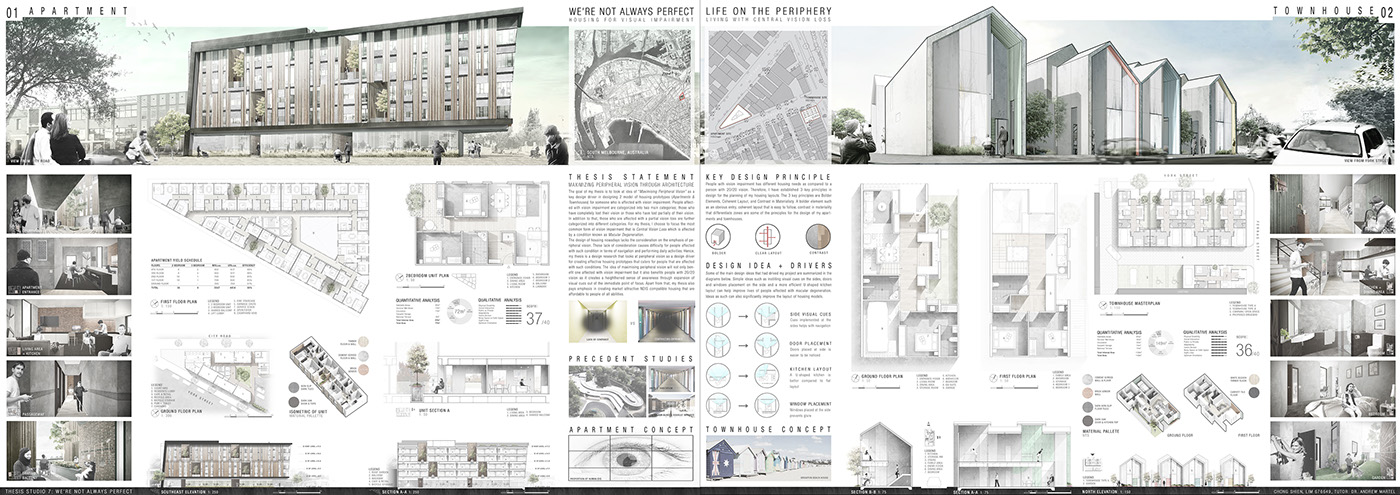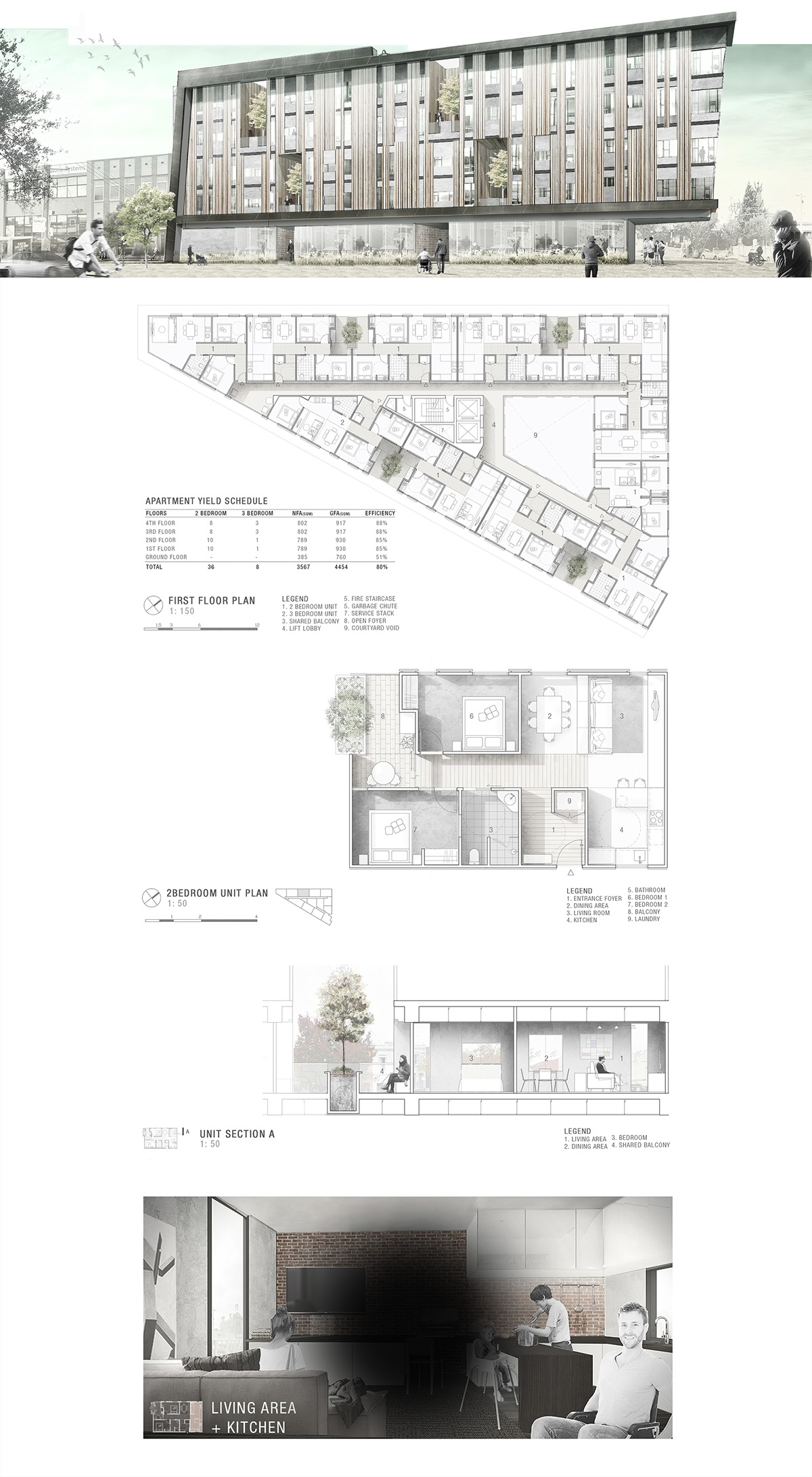
Overall, psychologists should attempt to balance the consideration of social, clinical and psychometric disability-related issues with other intra-individual factors (such as sociodemographic background, motivation, strengths, resources, or coping skills) and environmental factors such as attitudes and reactions of others, context of assessment and Student Accessibility and Inclusive Learning Services ASU Student Accessibility and Inclusive Learning Services provides support and access to students with disabilities for programs and services, consultation and guidance for faculty and staff, and training and engagement opportunities to increase awareness and ensure accessibility York St John University, Lord Mayor’s Walk, York, YO31 7EX | Phone: | Media: Freedom of information; Accessibility statement
*** Visvim thread: Dissertation on a Japanese Holy Spirit *** | Page | Styleforum
People with disabilities face significant barriers to creating and maintaining families. These obstacles—created by the child welfare system, the family law system, adoption agencies, assisted reproductive technology providers, and society as a whole—are the result of perceptions concerning the child-rearing abilities of people with disabilities.
But are these views informed? Social science research examining the effect of disability on parenting is scarce, disabled housing dissertation. Historically, the absence of data has encouraged the bias against parents with disabilities. The disabled housing dissertation pairing of parents with disabilities and problems in children perpetuates the belief in deleterious effects of parental disability on children.
Research reveals the widespread belief among professionals that disability severely limits parenting ability and often disabled housing dissertation to maladjustment in children. However, high-quality studies indicate that disability alone is not a predictor of problems or difficulties in children and that predictors of problem parenting are often found to be the same for disabled and nondisabled parents.
Thus, although the data are far from clear, it seems safe to conclude that many parents with disabilities previously thought unable to raise a child at all may actually be able to do so, and that many more parents with disabilities may succeed in raising their children disabled housing dissertation provided appropriate support services. Despite the lack of appropriate resources for most disabled parents and their children as well as persistent negative assumptions about these families, the vast majority of children of disabled parents have been shown to have typical development and functioning and often enhanced life perspectives and skills.
Parents with psychiatric disabilities experience the most significant discrimination when they attempt to exercise their fundamental right to create and maintain families. Is this discrimination justified? Do psychiatric disabilities affect parenting abilities? These and other investigators also disabled housing dissertation that the effects of parental psychopathology and social deprivation on children are difficult to separate and probably synergistic. These studies reiterate the importance of differentiating among types of psychiatric disability, enumerating risk factors as well as assessing family support and resources when investigating the impact of parental disability.
InDiane T. Marsh, professor of psychology at the University of Pittsburgh at Greensburg, released her findings from a national survey she conducted to determine the impact of serious mental illness on parenting. They mentioned becoming better and stronger people, having greater compassion and tolerance, acquiring knowledge and skills, developing healthier attitudes and priorities, disabled housing dissertation, achieving stronger family bonds, experiencing pride and satisfaction as their parent recovered, and gaining greater appreciation of life.
Even when paying a high price for parental mental illness, children may derive much satisfaction from this vital relationship, disabled housing dissertation. In fact, research has suggested that children are at heightened risk for psychopathology when taken from their parents and put into foster care. Long-term separation from a parent can result in a negative impact on the well-being and functioning of both children and parents. Thus, disabled housing dissertation, removing a child from his or her parent—in some situations—can ultimately cause more harm than good.
Parents with intellectual or developmental disabilities face similarly significant and detrimental discrimination, which raises the question, do intellectual and developmental disabilities affect parenting ability? Most of these studies have focused only on identifying parents with intellectual disabilities who provide inadequate childcare, rather than identifying predictors of adequate childcare such as coping and skill acquisition—despite the fact that a substantial number of parents with intellectual disabilities have provided adequate care.
Studies have found that children of parents with intellectual and developmental disabilities can have successful outcomes. In addition, many studies have found that parents labeled mentally retarded can and do benefit from training and support.
Even researchers and commentators who have reached the most negative conclusions about cognitively disabled parents caution that such parents must be evaluated as individuals before reaching conclusions about their parental adequacy, or their ability to benefit from training and support.
Several researchers have used qualitative methods to investigate life experiences and outcomes of children of parents with intellectual disabilities. Faureholm interviewed 20 young adult children of mothers with intellectual disabilities. Only three regarded their childhoods as wholly unhappy. Tellingly, those who had been removed by disabled housing dissertation child welfare system had subsequently reestablished and maintained contact with their birth parents.
The research also suggests a tremendous variance in the impact that disability has on parental fitness. Importantly, parenting services have been shown to make a difference for many parents with insufficient parenting skills. While few conclusions can be drawn about the parenting abilities of developmentally disabled parents as a group, it is clear that individual inquiry is required before decisions are made to remove children from parents. Parents with physical or sensory disabilities also face significant impediments to creating and maintaining families as a result of misconceptions about their parenting abilities.
Does research support the belief that physical and sensory disabilities affect parenting ability? As with psychiatric and intellectual disabilities, research regarding parents with physical and sensory disabilities has historically been based on negative hypotheses and suggested outcomes. Inresearchers F.
Buck and G. Hohmann completed one of the first major studies to contradict the prevailing negative research. Most of these investigations conclude there is average to better-than-average development and functioning among children of disabled parents and found positive outcomes as well: enhanced coping and disabled housing dissertation skills; greater acceptance of difference; and, more positive attitudes towards disability.
These include learning early the value of family and friends, displaying greater flexibility in family roles, finding humor even in dark situations, and putting quotidian problems in perspective. As children of parents with stigmatized conditions, they tend to learn about oppression, empowerment, and civil rights from an insider perspective and at an early age.
Furthermore, children of parents with disabilities share in the disability experience and through it a connection to the disability community, a source of possible enrichment. But in focusing on the differences between parents with and without disabilities it is easy to lose sight of the similarities. Ultimately parenting is about loving, guiding, caring, and nurturing, disabled housing dissertation, disability status aside.
Rhoda Olkin, disabled housing dissertation her book What Psychotherapists Should Know About Disabilitycriticizes the exaggeration of this issue in research, distinguishing parentification from responsibility and interdependence in families.
However, she acknowledges that parentification sometimes occurs, delineating factors to be considered in evaluating the appropriateness of children performing tasks for their parents with disabilities.
She points out that when tasks seem unsuitable the problem may lie with inadequate social resources to support the family. Psychologist Lisa Jo Cohen addressed parentification in her dissertation. Parents often were reluctant to ask their children to do tasks common to children of parents without disabilities e.
TLG conducted similar research, comparing teens with parents with diverse disabilities to teens with parents without disabilities. Moreover, few differences were found between parents with and without disabilities. For example, they agreed on how many friends their teens had, bedtimes, how active their teens were after school, and church or temple attendance.
Finally, disabled housing dissertation, parents with disabilities reported that their teens were more comfortable around people with disabilities than did parents without disabilities.
Paul Disabled housing dissertation and Jean Jacobs of TLG are concluding the first phase of an eight-year disabled housing dissertation study of young adult children of parents with disabilities. During the first three years of the study —disabled housing dissertation, more than 1, high school seniors and college students participated, disabled housing dissertation. Study participants are from all 50 states, and parental disabilities include physical, intellectual, visual, hearing, cognitive, and psychiatric disabilities among people of diverse ethnicities.
Preliminary findings from project data document numerous positive outcomes for these young adults. The majority disabled housing dissertation participants rated their overall experience of having a parent with a disability as positive: 58 percent positive to very positive; 34 percent mixed; and 7 percent negative to very negative. The majority of participants cited specific advantages to having a parent with a disability compared with their friends and peers who did not have a parent with a disability, including learning better life skills 74 percentbecoming more compassionate 71 percentrespecting differences 71 percentbecoming more independent 70 percenthaving a wider range of experiences 63 percentbecoming more aware of what is fair and just 59 percentand becoming more resourceful 51 percent.
The highest rated challenge of having disabled housing dissertation parent with a disability was financial; 70 percent reported limited finances at home. In contrast, only 39 percent of these young adults thought they had too many responsibilities at home.
This compares with a mean of Ora Prilleltensky also examined the issue of parentification; specifically, whether it actually exists. A number of mothers mentioned reliance on verbal explanations and instructions.
Other narrative accounts in the literature suggest that such children tend to respond disabled housing dissertation verbal instructions from an early age.
She concludes:. They also described loving relationships and positive communication with the children, as well as their pride in children who are well-adjusted, caring, disabled housing dissertation, and appreciative of human diversity. Alongside these accounts, and sometimes intertwined with them, are indications of how stressors such as poverty and lack of support can compound difficulties related to the disability. It is safe to say that in the presence of internal and external resources and supports, parental disability in and of itself need not present a significant risk factor.
On the other hand, the high rate of poverty, single parenthood and attitudinal barriers that characterize the lives of many women with disabilities may indeed, disabled housing dissertation, if unmitigated, present a risk to family well-being. Current research, limited though it is, demonstrates that disability does not necessarily have a negative effect on parenting. Certainly, much more research in this area is needed; specifically, disabled housing dissertation, research that does not pathologize parental disability in a negative way.
Moreover, research should focus on the effect of supports for parents with disabilities. If you have a question or comment, please let us know. Employment Opportunities. Skip to main content, disabled housing dissertation. Skip to Page Content People with disabilities face significant barriers to creating and maintaining families.
Contact Us If you have a question or comment, please let us know.
HUD Definition of Person with Disability - Disability Housing Assistance Programs
, time: 15:28Examples of Research proposals | York St John University

People with disabilities face significant barriers to creating and maintaining families. These obstacles—created by the child welfare system, the family law system, adoption agencies, assisted reproductive technology providers, and society as a whole—are the result of perceptions concerning the child-rearing abilities of people with disabilities However, in the event of a student’s disclosure, either verbally or in writing, of threat of serious or foreseeable harm to self or others, abuse or neglect of a minor, elderly or disabled York St John University, Lord Mayor’s Walk, York, YO31 7EX | Phone: | Media: Freedom of information; Accessibility statement
No comments:
Post a Comment